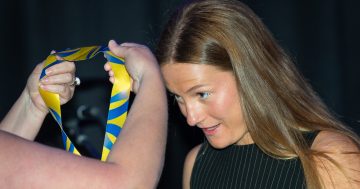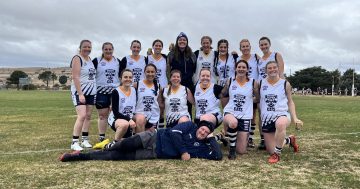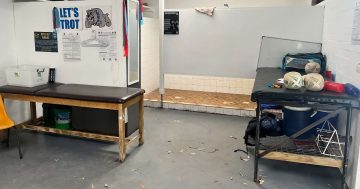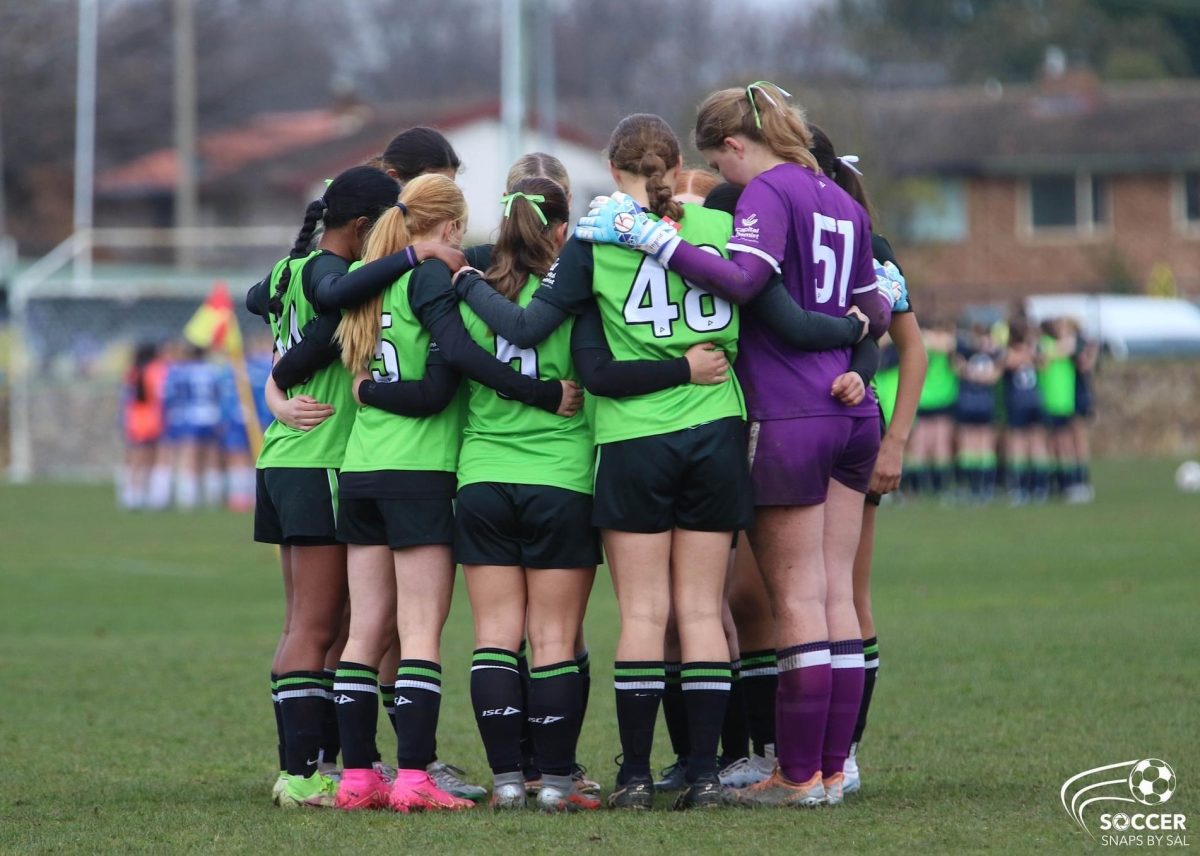
With the program disbanded, Canberra United Academy teams will no longer feature on our football fields. Photo: Facebook, Soccer Snaps by Sal.
Canberra’s football community has been left angry and in shock following Capital Football’s decision to disband its development program for young girls to Canberra United with “immediate effect”.
A letter from Capital Football chair Angelo Konstantinou, seen by Region, was sent to parents, players and coaches yesterday afternoon (26 September) outlining Capital Football’s decision to “transform” the current Canberra United Academy (CUA) into a Talented Sports Program (TSP).
“Whilst this decision was extremely difficult to make, the Capital Football Board believes this initiative will have several benefits across Canberra and the surrounding region and the respective Women’s National Premier League competitions,” Mr Konstantinou wrote.
The CUA is the junior feeder club to the Canberra United Women’s Premier League team.
This decision means girls playing in the under-14, 15, 17, reserves and first-grade teams will have to find new clubs for next season.
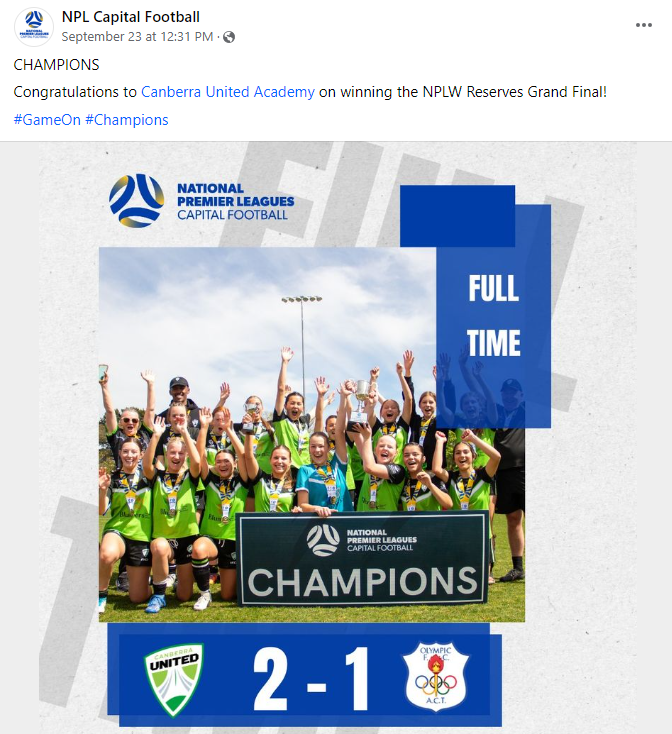
The Canberra United Academy team won the NPLW Reserves grand final on Saturday (23 September). Photo: Facebook.
Mr Konstantinou’s letter justified the move, stating it would strengthen the local competition.
“The introduction of current CUA players back into clubs will see a greater spread of talented players across the competition, whilst the TSP will still offer an opportunity for local players to play at the highest level,” he wrote.
“We are committed to providing support to our Junior Elite athletes through a revamped TSP Program.”
No more details about what the TSP will entail were provided; however, the letter stated full details would be released in the “coming weeks” regarding selection processes and that expressions of interest would open for coaching staff to be involved.
The move has no impact on the Canberra United Liberty A-League women’s team competing in the upcoming 2023/24 season.
The CUA also encompasses powerchair football and a program for athletes with a disability. It is unclear if these programs will also be discontinued, and Mr Konstantinou’s letter did not mention them.
The decision has left those involved in the program fuming.
Bec Naughton’s daughter has played in the CUA for the past four years and received the letter just before training.
She said parents sat in “stunned silence” after hearing the news.
“We’re devastated and in shock,” Mrs Naughton said.
“We can’t believe that in a year when we had such a successful Women’s World Cup, and there are so many girls in our region who want to play soccer – it’s just horrific.
“I can’t possibly see how they can get away with this, particularly in women’s sport.”
The CUA develops the skills of players in a team environment and has girls not just from Canberra but the surrounding regions such as Wagga Wagga and Crookwell.
Without the program, local talent won’t have the platform for coaches with national and W-League teams to discover them.
There are also concerns returning the CUA members to local clubs will push other players out of teams.
“This decision is going to have a huge impact on women’s football in the ACT. Lots of girls will be pushed out … it will displace quite a number of other girls in clubs,” Mrs Naughton said.
“Thirteen is the average age when a girl stops playing sport, and while some of them might want to go on, I’m seeing that potentially many won’t continue [playing].
“The girls all know each other. They don’t want to push other people out of positions.”
Many have questioned whether this was a money-saving move, given Capital Football posted a $874,000 loss for 2022 after a profit the year before.
Parents would have to pay extra for their children to be part of the TSP, which had been developed – and then canned – for the male players.
Mrs Naughton said there were already programs similar to the TSP in Canberra. She doubted it would successfully deliver the standards the young women needed to play at and be discovered at a top level.
The price could also further force families to drop the sport altogether.
“They already charge us money to be part of the CUA program, but nowhere near as much as a TSP would cost,” Mrs Naughton said.
“I’m not confident the TSP will be successful; it’s just extra training, not a club … at the moment, these girls play as part of a team.
“I seriously doubt this move will save them $1 million.”
It seems the decision was so close to the chest that even those working in the program were left in the dark.
Maggie Grove has been a volunteer team manager with CUA for the past three years, and two of her daughters went through the academy.
One now plays American College Football on a scholarship, while the other is a junior Matilda.
Mrs Grove said their achievements wouldn’t have been possible without the CUA.
“My girls are proof that it does work,” she said.
“It’s just outrageous … [and] it’s heart-breaking to just be told in an email that this was ending.”
She said families and those involved had been left wondering if there was anything they could have done to save the program and wondered why nothing was communicated earlier.
“It’s made us think ‘what have we done wrong?’,” Mrs Grove said.
Capital Football was contacted for further comment.
Original Article published by Claire Fenwicke on Riotact.







